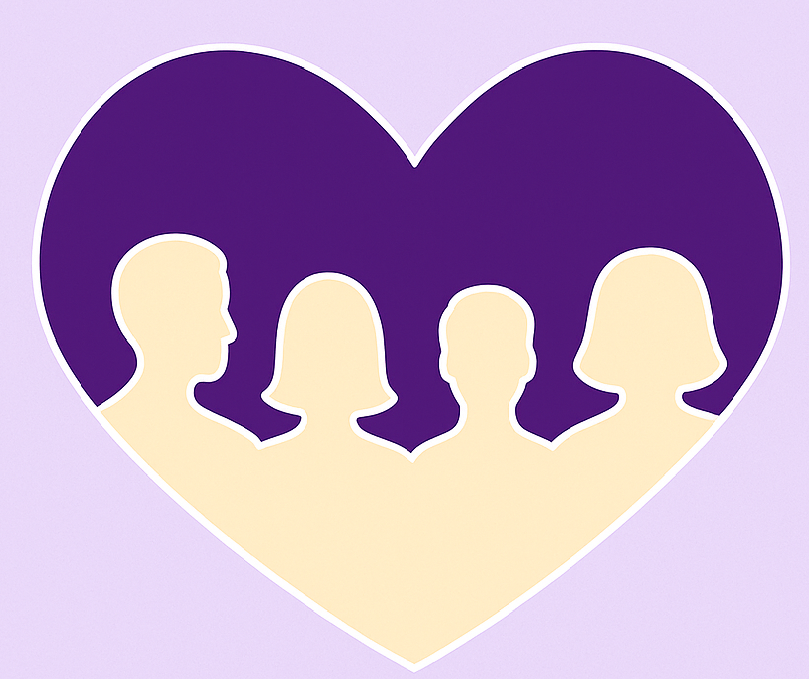When people think of family abuse, they often imagine shouting, violence, or obvious cruelty. But for many Adult Children of Narcissists (ACONs), the deepest wounds come not from what was done to them, but from what was withheld. This is called emotional neglect.
Understanding the difference between neglect and abuse is important for healing. Both are harmful. Both leave scars. But they operate in different ways — and recognizing them can help you put words to your story.
What Is Emotional Neglect?
Emotional neglect happens when a parent or caregiver consistently ignores or dismisses a child’s emotional needs. It’s not always loud or obvious. In fact, it often hides beneath a quiet, “normal-looking” household.
Examples of emotional neglect include:
- Never being comforted when you were sad
- Having your feelings mocked, minimized, or ignored
- Being told to “toughen up” instead of being supported
- Parents who were physically present but emotionally unavailable
What Is Emotional Abuse?
Emotional abuse, on the other hand, involves active harm. It’s when a parent uses words, threats, or manipulation to cause fear, control, or shame.
Examples of emotional abuse include:
- Harsh criticism and constant belittling
- Gaslighting — making you doubt your memory or feelings
- Threatening abandonment or punishment if you disobey
- Public humiliation or shaming in front of others
Why the Difference Matters
Both neglect and abuse send the same message: “Your feelings don’t matter.” But neglect does it through silence, while abuse does it through aggression. Understanding the difference helps you name the harm more clearly, and that naming is the first step to healing.
Healing From Neglect and Abuse
Whether you experienced neglect, abuse, or both, the impact is real — and so is the possibility of healing. Recovery begins with learning to validate your own feelings and seeking out safe, supportive relationships. Many ACONs find healing through:
- Reparenting themselves with compassion
- Learning to express emotions safely
- Setting boundaries with unsafe people
- Finding community where their feelings are validated
You Are Not Alone
If parts of this article resonate, know this: what you went through matters. Whether it was emotional neglect, emotional abuse, or both, your pain is valid. And your healing matters just as much.
At the ACON Foundation, we’ve created a Healing Home for Adult Children of Narcissists. Here you’ll find trauma-informed articles, peer support through the ACON App, and a community that honors your truth.
👉 Visit aconfoundation.com today to explore resources, connect with others, and take the next step in your healing journey.

Leave a Reply